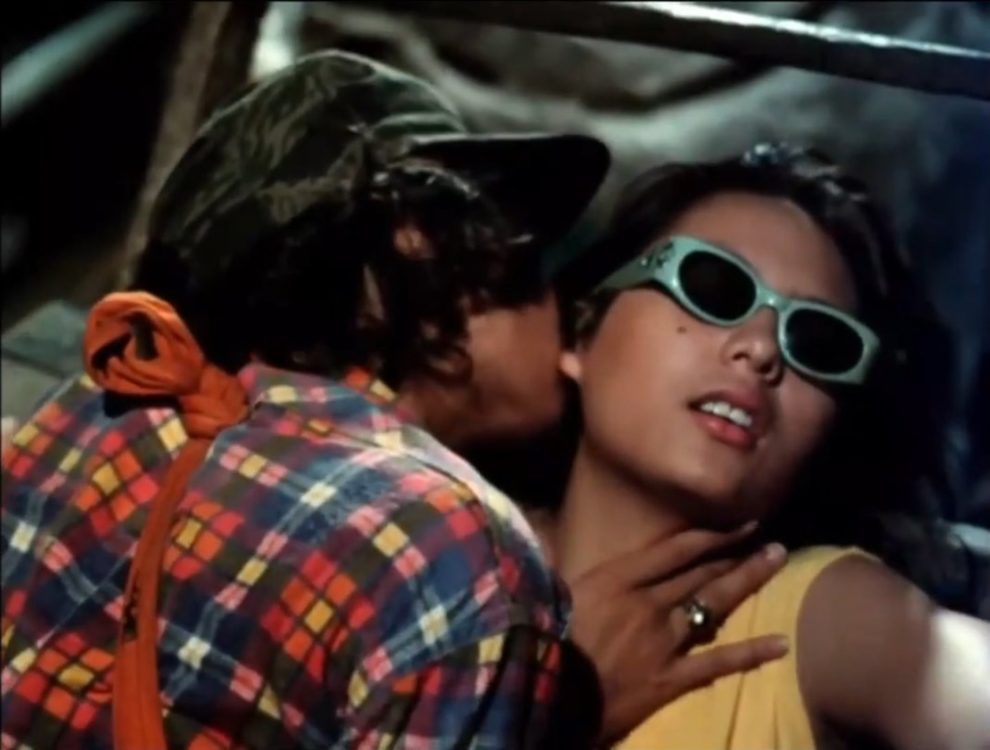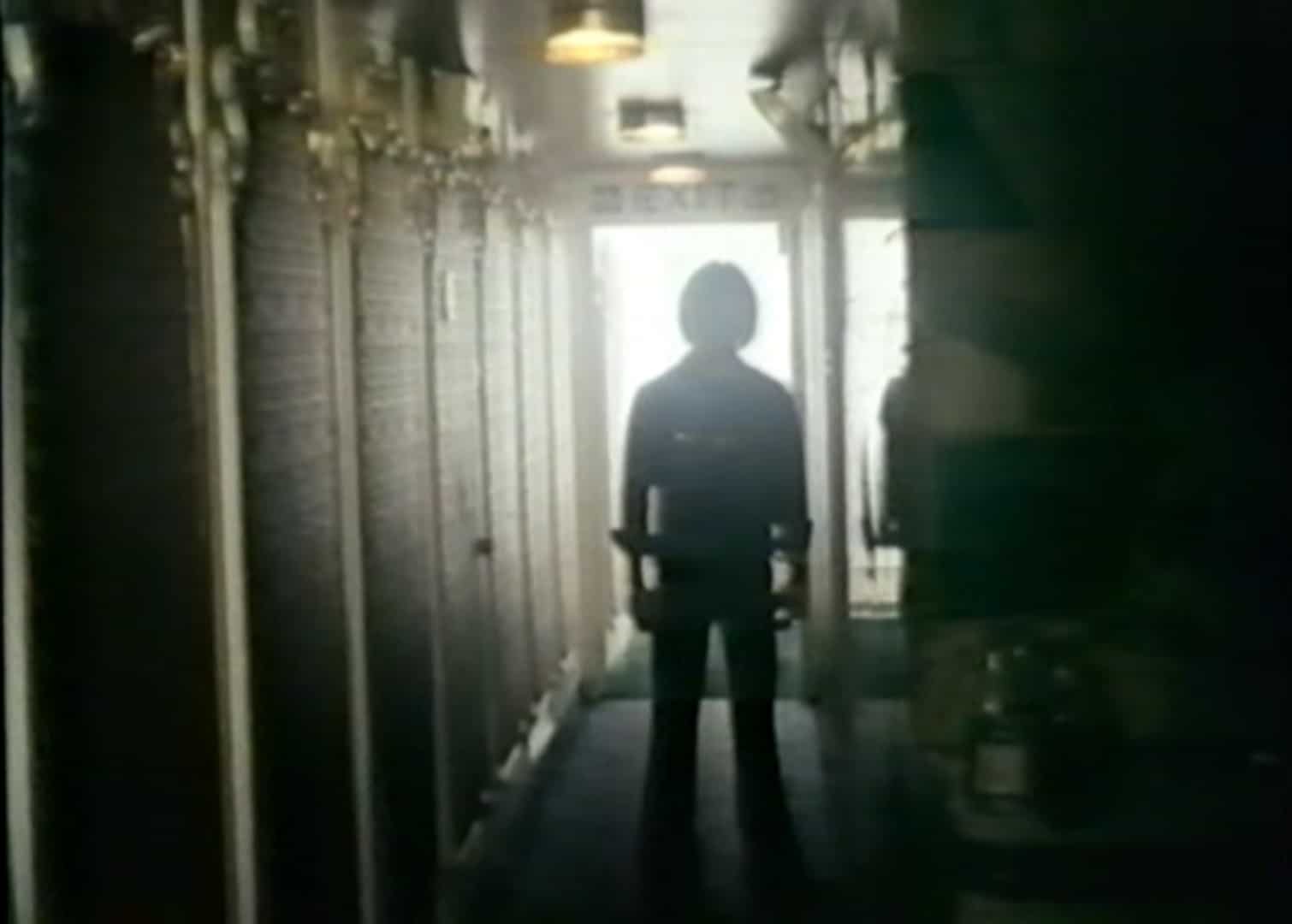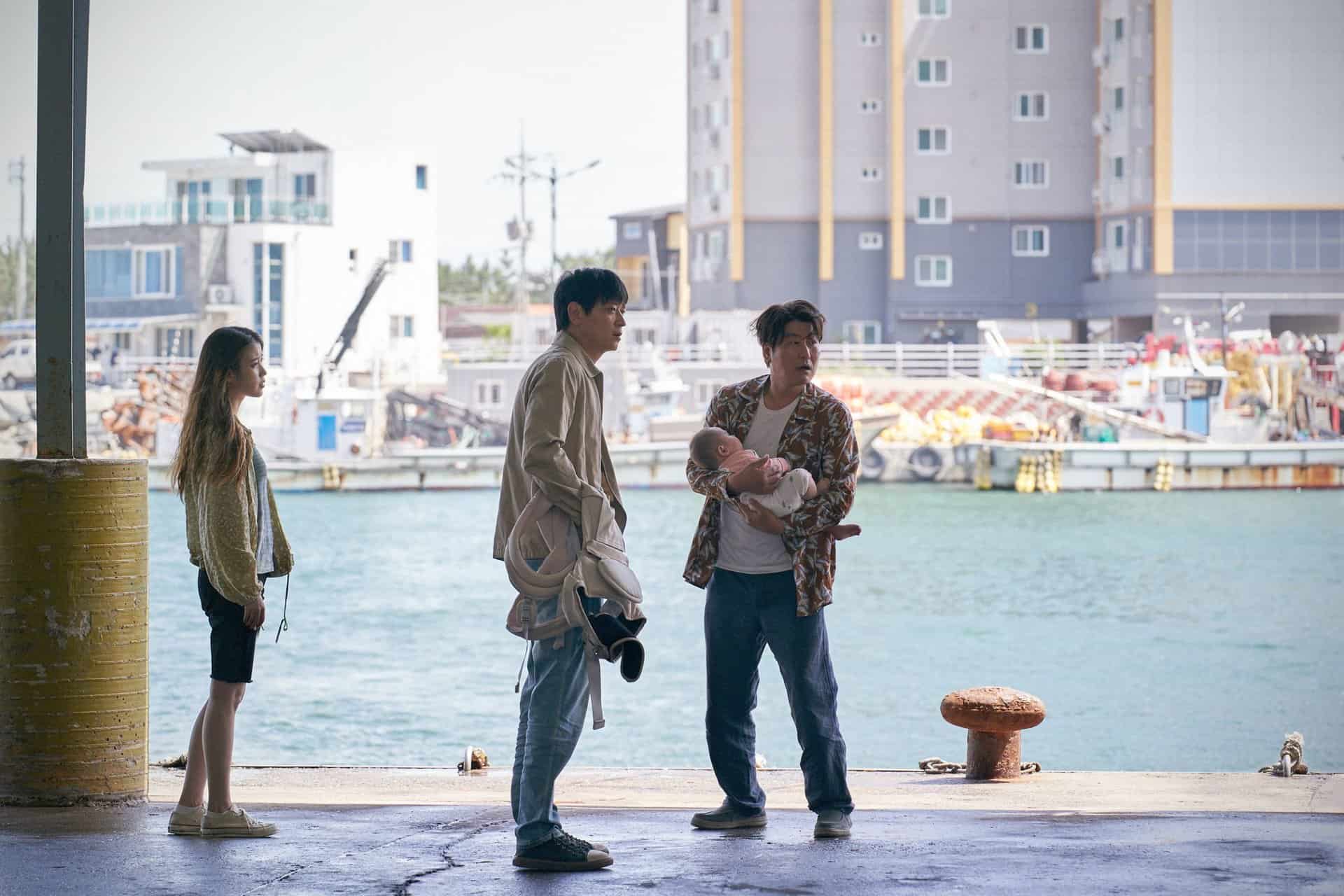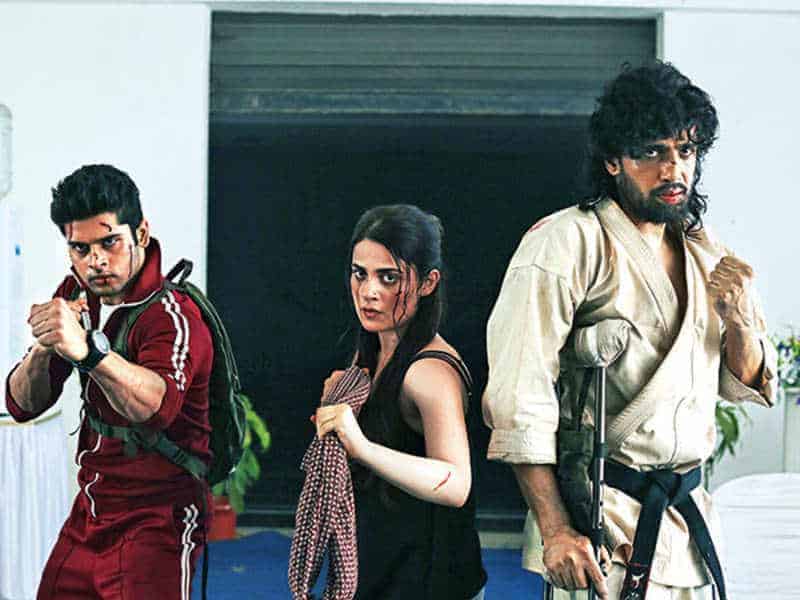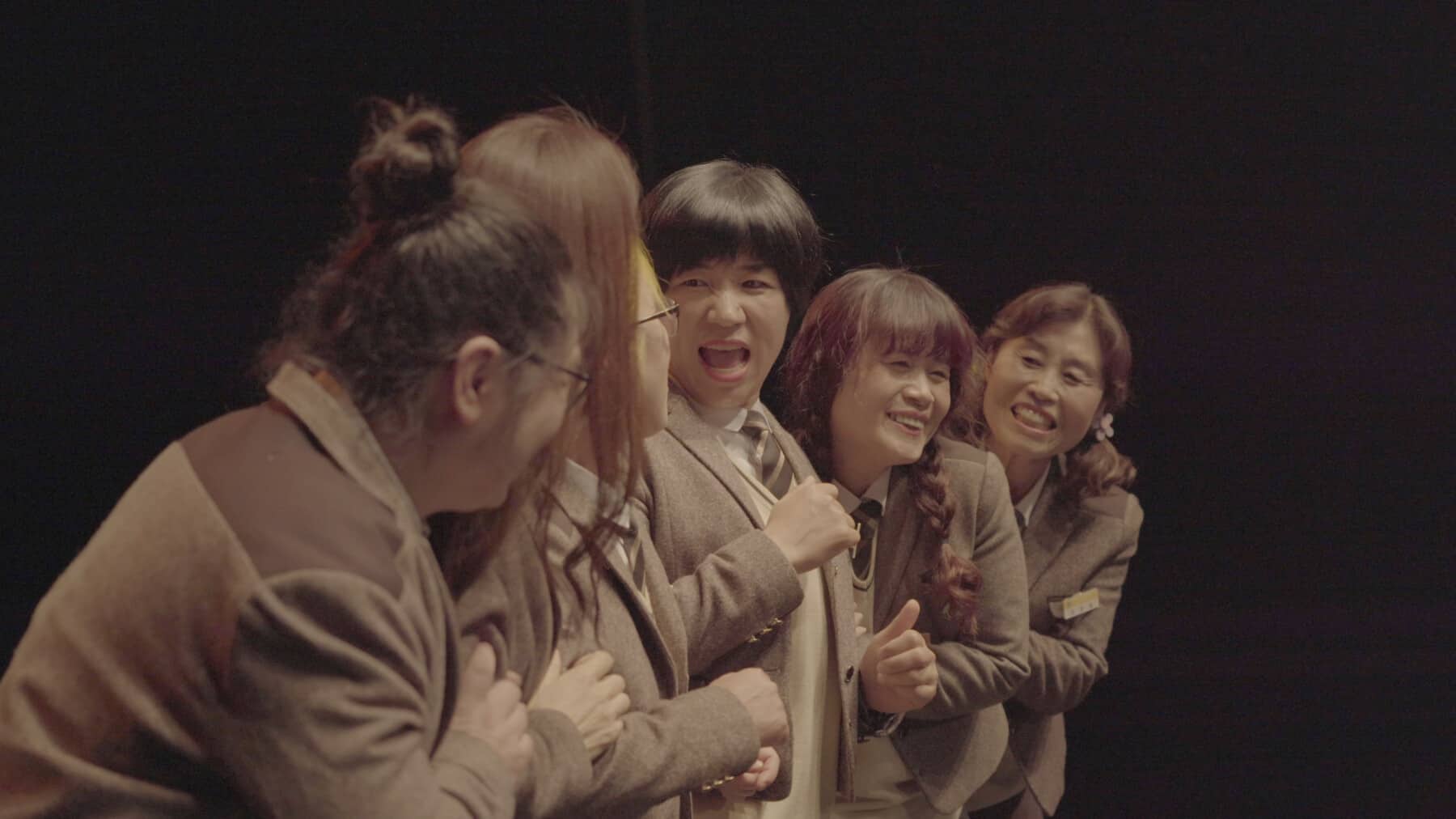Quite a notorious production, the recently restored in 4K by the Philippine Film archive “Manila By Night” presents the “nightlife” of Manila in all its sex, drugs, and violence-driven glory, to the point that the censors, after instigation from the former First Lady Imelda Marcos, cut the movie severely and even changed its title to “City After Dark” in order to avoid any association with the nation's capital. In Udine, the film is presented in its uncut 150 minutes version.
“Manila by Night” is screening at Udine Far East Film Festival

The story is rather complicated as it revolves around a plethora of characters: Alex is a schoolboy that also happens to be a folk singer, but at the same time he is a homosexual and drug addict, with his constant wasting of money frequently aggravating his mother, Virgie, who tries her best to “save” her son but frequently fails. Bea is a blind girl that works in a massage parlour, while her best friend is a drug addict lesbian, Kano. Eventually, they meet Baby, a young girl from the area who is in love with Pebrero, a scumbag taxi driver that tricks her into sleeping with him, eventually leaving her pregnant, despite the fact that he already has two children. Adelina, his regular partner, works as a prostitute to support him, but is always disguised as a nurse to hide the fact, while she is constantly on the hunt for the “white whales”, which in this case, are Japanese businessmen. Manay, a couturier, is in love with Alex, despite the fact that he also keeps a circle of other lovers. Bea is waiting for her boyfriend, Greg who has gone to Saudi Arabia to work, but his return causes even more problems. As time passes, Alex gets more and more away from his girlfriend Vanessa, and his family, indulging into the world of drugs and homosexuality, with Manay as his guide.

One of the things that is quite impressive regarding the Filipino cinema of the 70s and 80s, is how directors like Ishmael Bernal and Lino Brocka for example, manage to present movies that could be easily characterized as exploitation, while making quite pointed and realistic social comments about the country, essentially coming up with movies that are both quite entertaining and contextually rich. “Manila by Night” is a testament to the fact, as it could easily be described as an erotic movie, with the sex scenes appearing quite frequently and the violence being almost always present, starting with the scene in the club in the beginning of the movie and continuing throughout. At the same time, the extensive use of music, with the score including folk, jazz, funk and rock sounds, the many scenes in clubs and bars where people are dancing, and the ironic sense of humor mostly deriving from the hysterics of mother Virgie (in a great performance by Chanto Solis), and the attitude of a series of middle aged women towards sex, point towards a film that aims to entertain.
However, the ugliness portrayed here results in a series of social, political and occasionally philosophical comments, mostly focusing on how the poorness the country experienced at the times shaped the mentality of its people and particularly of its youths. With drugs being all over the place, the intense Westernization resulting in a lack of identity and the pursuit of a life that was essentially unreachable, the lack of proper parenting, either due to inability or plain neglect and the fact that the only thing that is easy to come (apart from drugs) is sex resulting in a setting that is horrific as much as it is realistic. The night lights of the bar and clubs, along with the loud music, seem to be there just to dull this fact, with the stories of all individuals highlighting their despair and how lost they are, in the most eloquent fashion. That their only hope seems to derive from either leaving for abroad or “associating” with foreigners, also moves towards the same direction, with Bernal, though, focusing on the futility of even these practices.
At the same time, the movie also functions as a tour guide of Manila at the time, from the slightly bourgeois home Virgie and her family live to the slums, and the locations that form the local nightlife, Manila is presented in all its chaotic beauty, with Pegue Gallaga's set design finding its apogee in the realism implemented in the depiction of all the different settings. Furthermore, Bernal does not omit to show a series of images of beauty throughout the film, with the swimming scene and the one with Bea's hands being among the most memorable, as much as a series of sex scenes, that are quite artistically shot. Sergio Lobo's cinematography is exceptional in all the aforementioned elements, in one of the best traits of the production. Augusto Salvador's editing is also top notch, implementing a rather fast pace that suits the episodic hypostasis of the narrative to perfection, including the slight surrealistic element that seems to always be present in Filipino cinema.
William Martinez as Alex, Rio Locsin as Bea and Orestes Ojeda as Pebrero stand out among the many actors, but truth be told, the amount of characters and episodes here make it slightly hard to follow what is going on, or empathize with a number of the protagonists. However, as a whole, the movie makes complete sense, both contextually and artistically, into a testament of the quality of cinema the country produced during the 70s and 80s.


